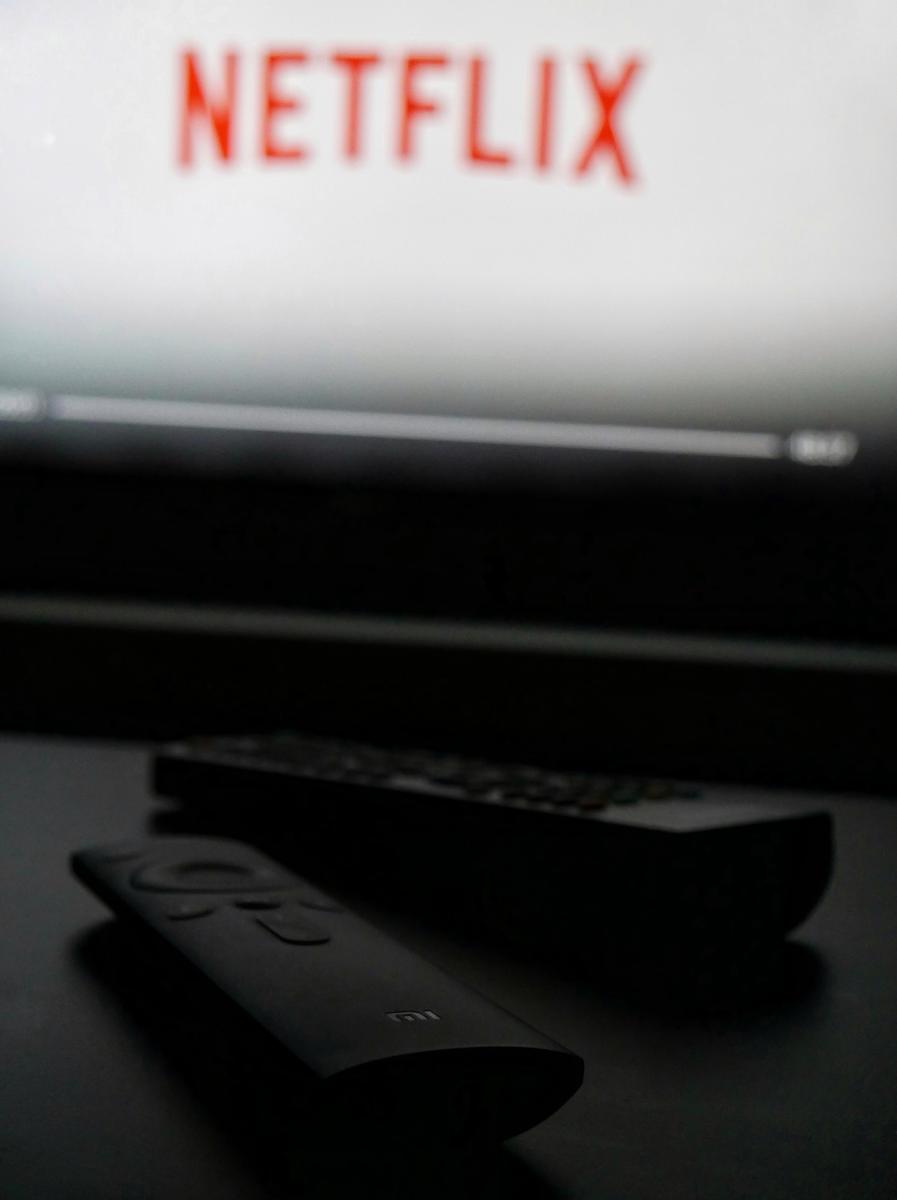From the Counsellors

13 Reasons Why - know what your daughter is watching; learn about the website she is accessing, too.
The third season of ‘13 Reasons Why’ premieres on Netflix this week. The first and second seasons prompted us to alert you in 2017 and 2018 to potential dangers of adolescents viewing this series and our warning continues with this the third season.
This US high school drama raises issues that are challenging, confronting, and distressing. It explores the lead up to student suicide (which was graphically depicted, and has since been edited) and the aftermath through the lives of the 13 peers she believes were each, in part, responsible for her decision to take her own life. The series is rated M, and declared suitable for young adults, however for some (and some will argue for all) young adults it is completely not suitable, particularly those who may have experienced suicidal ideation or attempt, sexual assault or self-harm.
The second season was purported to be more distressing and confronting than the first as it explored the issues of rape, assault, drug use, abuse, the threat of a school shooting, and brutilisation. The third season promises to further develop these themes.
In April this year researches published a study that found an association between the debut of Netflix's teen drama ‘13 Reasons Why’ and a subsequent increase in youth suicides. The show depicted the grisly suicide of its protagonist, which alarmed mental health experts who were worried about the potential effect on young, vulnerable viewers.
A new study, conducted by different authors, came to a similar conclusion: in the three months after ‘13 Reasons Why’ launched, the youth suicide rate for 10- to 19-year-olds rose unexpectedly by 13 percent. Based on historical trends dating back to 1999, 94 more American adolescents and teens died by suicide during the three-month period than otherwise expected. Similarly, the study published last month looked at suicide deaths in the nine months following the show's launch and found an additional 195 fatalities.
Again, we urge you to know if your daughter is watching ‘13 Reasons Why’. If so, we suggest you watch it with her, and talk to her about the issues and messages it presents. Watching the series and talking with you is by far the better option than watching the series alone in her room and not talking to you about it.
It is easy enough to see what they are watching on Netflix. Check in.
Further information and a warning can be viewed here.
Concerning Websites
Parents are generally vigilant in their bid to keep their children safe, however the online world is part of our children’s lives that can be incredibly dangerous and difficult to monitor. Recently we have become aware of concerning websites some of our students have been accessing when exploring the internet at home, and at the homes of friends. Please check parental locks on devices for young children, be aware of the searches your children are doing and help to keep them safe by talking to them about the potential dangers.
Online chatting to strangers is potentially dangerous for all sorts of reasons, including the likelihood that your daughter might comply with requests for photos, or fall into meeting challenges put to them by such sites as The Momo Challenge and the Blue Whale Challenge. Searches such as ‘chat online’ bring up all sorts of websites including omegle talk to a stranger, chatblink, tinychat, chatrandom and the list goes on.
Further reading:
Please do not hesitate to contact us if you would like an appointment to discuss an issue related to parenting. Andrea Maver returns on Monday 26 August.
Gai Bath and Andrea Maver
SMC Counsellors

